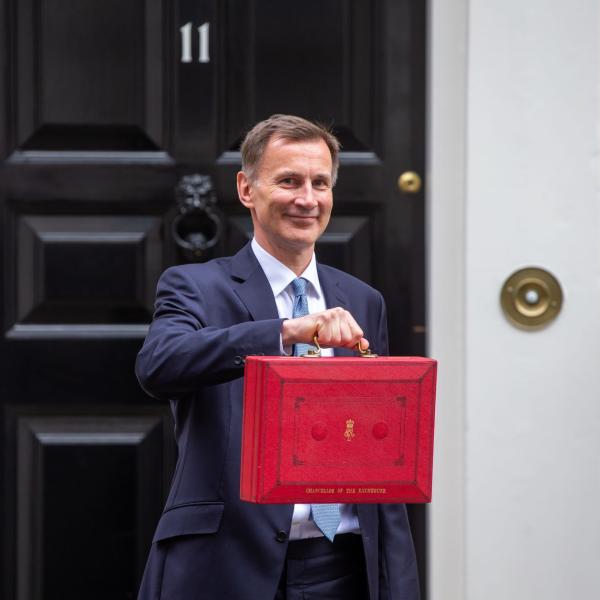This document describes how to use the derived pension wealth variables for ELSA Wave 2-5. More information on the derivation of these variables and all the areas discussed below is available in Banks, Emmerson and Tetlow (2005), Estimating Pension Wealth of ELSA Respondents, IFS Working Paper, WP 05/09. The pension wealth derived variables give the discounted present value of the stream of income that an individual will receive from their pensions between starting to draw these pensions and death, under various alternative scenarios. These variables are derived from information on individuals' current and past circumstances from the Work and Pensions module1 of ELSA Wave 1 along with various assumptions about past and future behaviour.
Authors

CPP Co-Director
James is Senior Research Fellow and Professor of Economics at Manchester, working on broad issues in the economics of retirement, savings and health.

Deputy Director
Carl, a Deputy Director, is an editor of the IFS Green Budget, is expert on the UK pension system and sits on the Social Security Advisory Committee.

Gemma Tetlow
Resource details
- Publisher
- ELSA
Suggested citation
J, Banks and C, Emmerson and G, Tetlow. (2011). Pension wealth derived variables user guide (wave 2-5). London: ELSA.
Related documents
More from IFS
Understand this issue

Where next for the state pension?
13 December 2023

Social mobility and wealth
12 December 2023

Autumn Statement 2023: IFS analysis
23 November 2023
Policy analysis

Recent trends in and the outlook for health-related benefits
19 April 2024

Progression of nurses within the NHS
12 April 2024

Regional variation in earnings and the retention of NHS staff in Agenda for Change bands 1 to 4
10 April 2024
Academic research

A senior doctor like me: Gender match and occupational choice
24 April 2024

Police infrastructure, police performance, and crime: Evidence from austerity cuts
24 April 2024

Imagine your life at 25: Gender conformity and later-life outcomes
24 April 2024